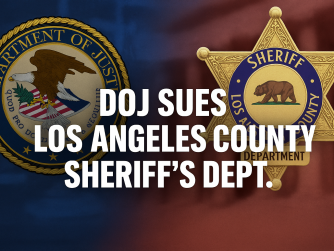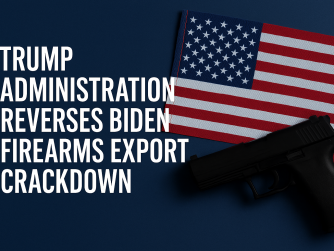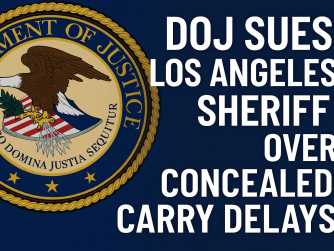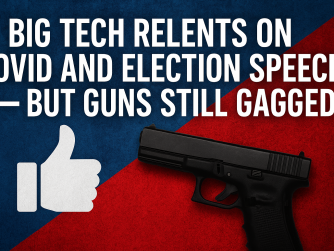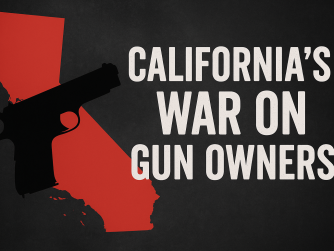A sweeping GOP tax package introduced in the House this week is making headlines—not only for its economic provisions but for its significant implications on federal gun regulation. Tucked inside the proposed legislation are measures that would remove suppressors and certain short-barreled firearms from the National Firearms Act of 1934, a move cheered by gun rights advocates and criticized by gun control groups.
The GOP tax bill gun suppressors provision eliminates the $200 tax stamp and extensive background check requirements currently mandated for individuals seeking to own suppressors (commonly referred to as silencers) or short-barreled rifles and shotguns. These restrictions have been in place for over 90 years.
Rep. Andrew Clyde (R-GA), a key proponent of the measure, argued that the bill restores Second Amendment rights while cutting unnecessary red tape. “Hunters and sportsmen have used suppressors for decades to protect their hearing. The bureaucratic obstacles are outdated and punitive,” Clyde said during a House committee hearing.
Supporters within the firearms industry, including the National Shooting Sports Foundation, hailed the move as a long-overdue rollback of burdensome regulation. They argue that suppressors are safety tools, not instruments of crime.
Opponents, including Democrats and some law enforcement officials, warn that deregulating these weapons accessories could increase the likelihood of criminal misuse, especially without background checks or registration.
Still, the inclusion of gun legislation in a tax package signals the Republican Party’s broader strategy of embedding Second Amendment protections within larger, must-pass legislative efforts.
If passed, the bill would mark a historic shift in federal firearms policy—placing the GOP tax bill gun suppressors provision at the center of one of the most consequential pro-gun reforms in decades.


